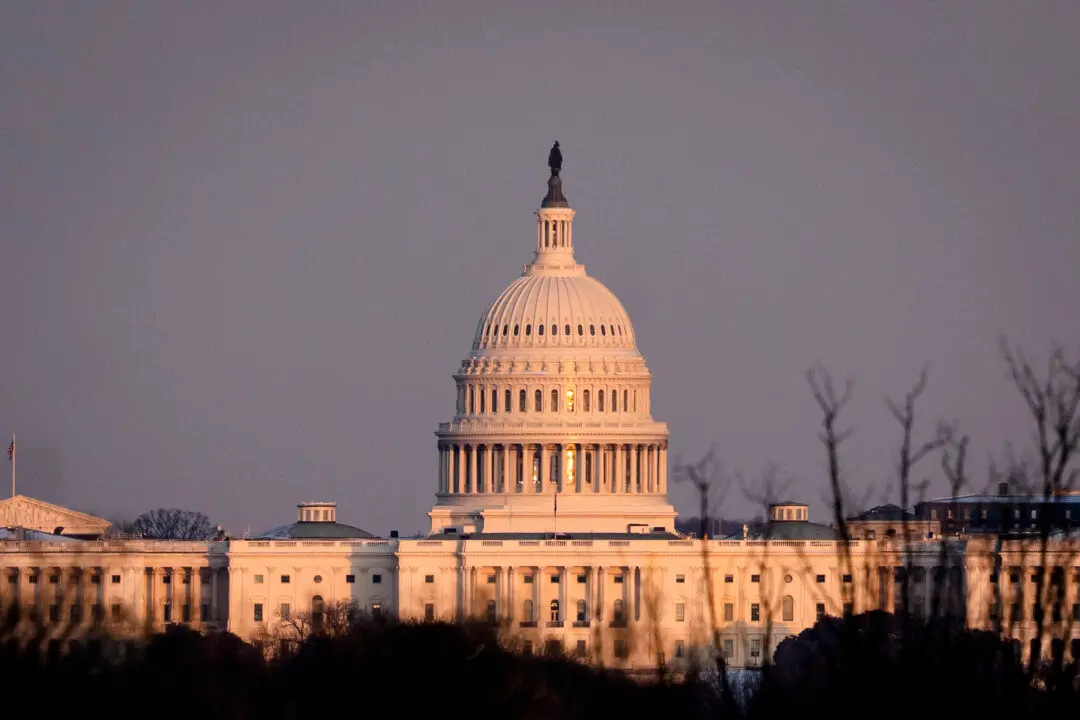A bill from House Republicans is targeting the Environmental Protection Agency’s ability to issue Clean Air Act waivers for California that could lead to major restrictions or even bans on gas-powered vehicles.
Republicans Aim at EPA’s Possible Approval of California Ban on Gas-Powered Car Sales by 2035

House Committee on Energy and Commerce Chairman Frank Pallone (D-N.J.) speaks at a hearing in Washington, on June 23, 2020. Kevin Dietsch-Pool/Getty Images




